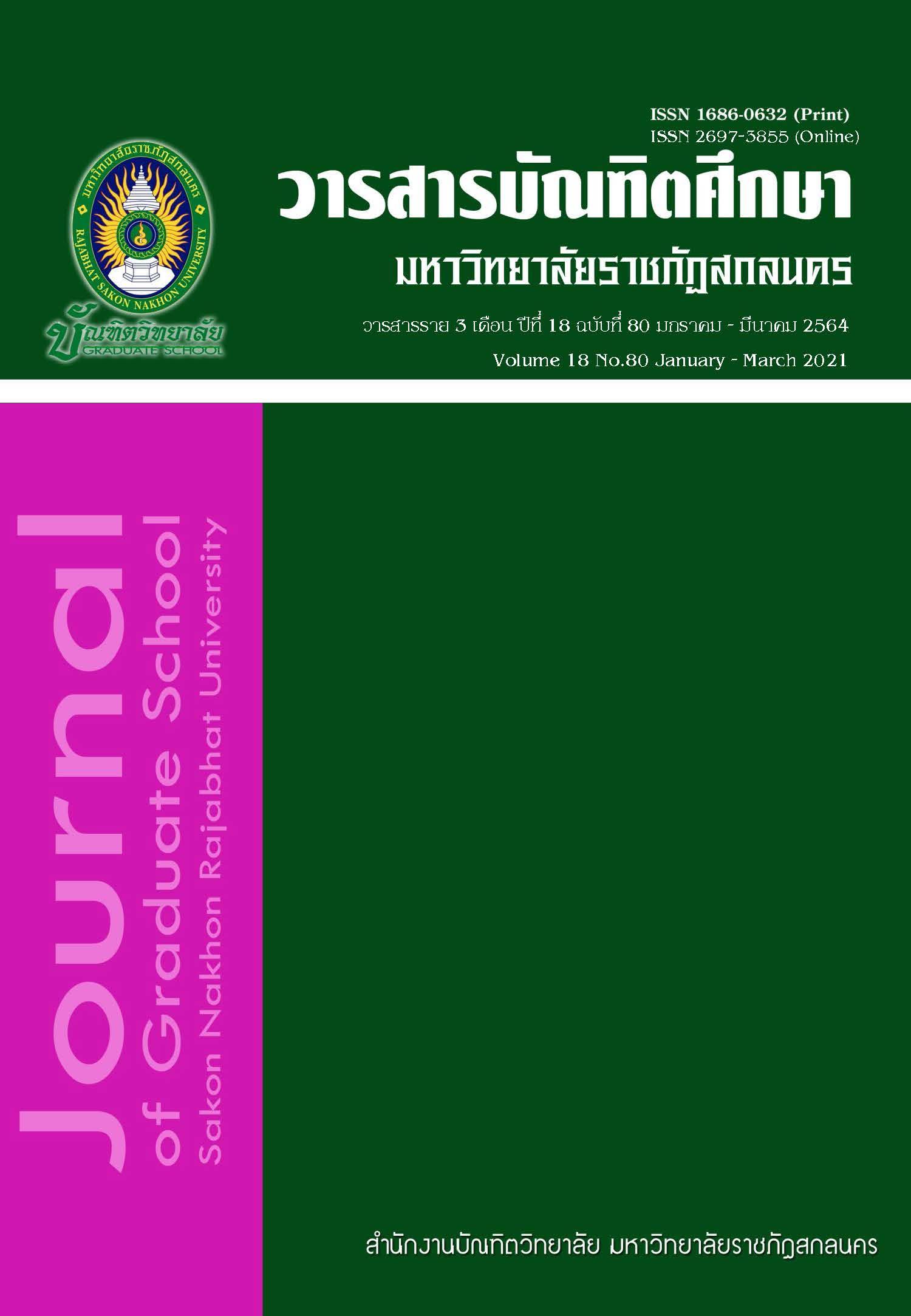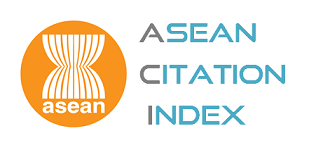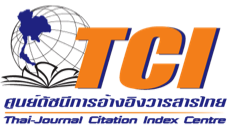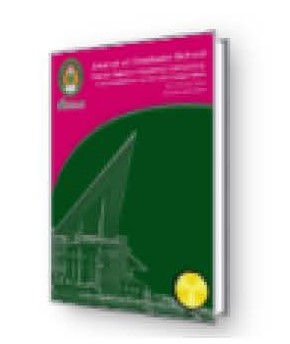การพัฒนาคุณภาพงานเขียนโดยการให้ข้อมูลย้อนกลับ: กรณีศึกษาแบบทดสอบอัตนัยระดับชาติ
Keywords:
Feedback, Assessment for LearningAbstract
Assessment for learning is essential part in teaching practice to provide quality feedback to learners to diagnose problems and improve effective learning approaches. Giving feedback is a tool for positive communication to help learners in improving learning experiences and inspire them for self-improvement. Three key elements of feedback consist of: 1) providing learners with information to stimulate learning, 2) providing feedback, 3) providing learners with information for further learning. The four steps in providing feedback are: 1) feed up, 2) checking for understanding, 3) feedback, 4) feed-forward. The development of writing quality using feedback process from peer and teacher feedback help learners to understand the writing process, to acknowledge individuals’ strength and weakness, and to foster motivation and stimulation for improving learners’ piece of writing, which lead to learners’ development in terms of knowledge, skills and learning competencies effectively.
References
ฐะปะนีย์ นาครทรรพ. (2553). วรรณศิลป์ในดวงใจ ภาษาไทยที่รัก. กรุงเทพฯ: อมรินทร์พริ้นติ้งแอนด์พับลิชชิ่ง.
ราชบัณฑิตยสถาน. (2561). พจนานุกรมศัพท์ศึกษาศาสตร์ร่วมสมัย ชุดการประเมิน การวิจัย และการประกันคุณภาพ. กรุงเทพฯ: สำนักราชบัณฑิตยสถาน.
_______. (2562). พจนานุกรมศัพท์ศึกษาศาสตร์ร่วมสมัย ชุดฉลาดรู้ (literacy). กรุงเทพฯ: สำนักราชบัณฑิตยสถาน.
โรงเรียนสาธิตมหาวิทยาลัยรามคำแหง (ฝ่ายประถม). รายงานการประเมินตนเอง (SAR) ประจำปีการศึกษา 2561. กรุงเทพฯ: โรงเรียนสาธิตมหาวิทยาลัยรามคำแหง.
Brookhart, S. M. (2017). How to give effective feedback to your students. Virginia: ASCD.
Davis, B. G. (2009). Tool for teaching. San Francisco: Jossey-Bass.
Fisher, D and Frey, N. (2011). The formative assessment action plan. Alexandria, VA: ASCD.
Hamidun, N. Md-Hashim, S. H. and Othman, N. F. (2012). Enhancing students’ motivation by providing feedback on writing: the case of international students from Thailand. International Journal of Social Science and Humanity (JSSH), 2(6), 591-594.
Sackstein, S. (2017). Peer feedback in the classroom: empowering students to be the experts. Virginia. ASCD Saiful, M and Yusoff, B. (2013). Using feedback to enhance learning and teaching. Lorong Cahaya: Centre for Academic Excellence & Student Advisory and Development (CDAE).
Salamone, M. (2019). Using written and verbal feedback to improve students’ writing outcomes. A Dissertation in partial fulfillment of the requirements for the degree doctor of Education, College of Education, University of Massachusetts Lowell.
Wahyuni, S. (2017). The effect of different feedback on writing quality of college students with different cognitive styles. Dilnamika ilmu, 17(1), 39-58.
Zellner, A. L. (2017). The influence of peer feedback on writing achievement and individual writing self-efficacy. A dissertation submitted in partial fulfillment of the requirements for the degree of Educational Psychology and Educational Technology, Doctor of Philosophy Michigan State University.
Downloads
Published
How to Cite
Issue
Section
License
บทความทุกบทความที่ตีพิมพ์ในวารสารบัณฑิตศึกษา มหาวิทยาลัยราชภัฏสกลนคร ถือว่าเป็นลิขสิทธิ์ของบัณฑิตวิทยาลัย มหาวิทยาลัยราชภัฏสกลนคร










